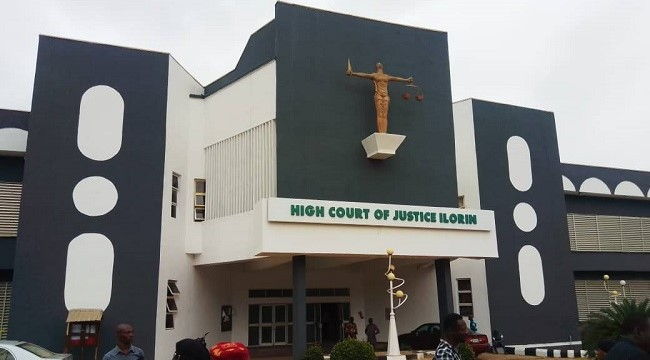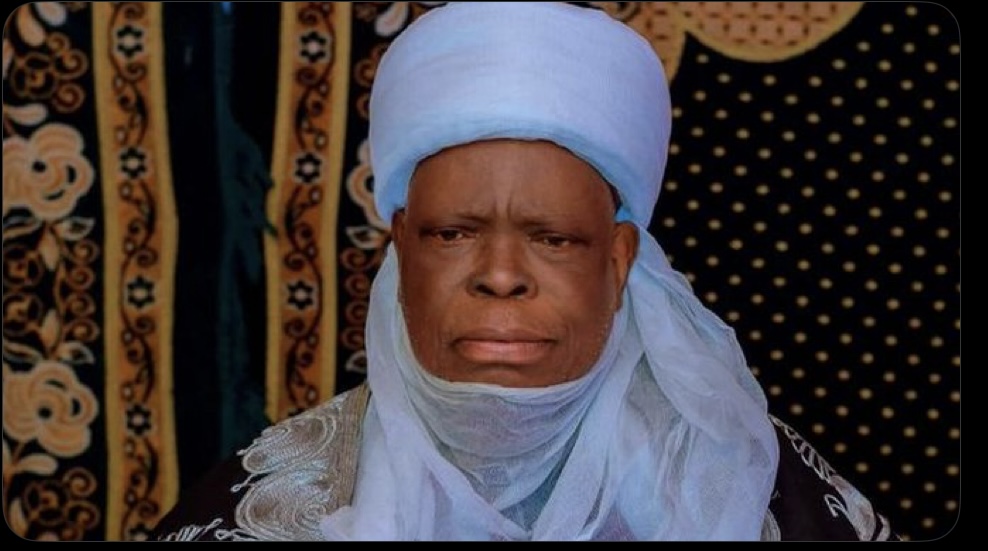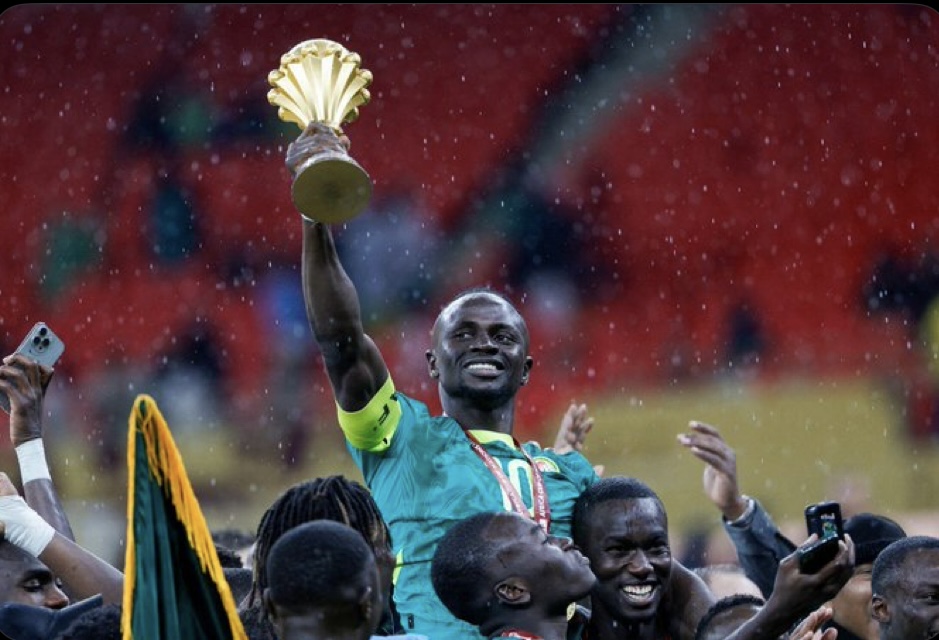High Court Sentences Killer of Kwara Final-Year Student to Death by Hanging

Kwara State High Court sitting in Ilorin has sentenced Abdulrahman Bello, a self-proclaimed Islamic cleric, to death by hanging for the brutal murder and dismemberment of 24-year-old Hafsoh Yetunde Lawal, a final-year student of the Kwara State College of Education.
The judgment was delivered by Justice Hannah Olushola Ajayi, who described the crime as “the highest degree of human wickedness and a cruel act,” adding that the convict’s claim of love and intent to marry the deceased was “a concocted lie to deceive and lure his victim.”
Hafsoh Yetunde Lawal was reported missing in February 2025 after attending a naming ceremony in Ilorin.
Investigations revealed that she had visited Abdulrahman Bello at his residence in Olunlade, Ilorin. Bello had earlier expressed intentions to marry her, a gesture that turned out to be a manipulative ploy.
According to court testimony and confessions by Bello, the victim was strangled to death after consensual sex. Bello admitted to killing Hafsoh for ritual purposes, stating during trial, “If only I had known another way to source the needed ingredient, I wouldn’t have killed her.”
Following her disappearance, parts of Hafsoh’s dismembered body were discovered in a refuse site, sending shockwaves across the state and sparking public outrage.
The prosecution presented damning evidence during the four-month trial, including a bottle containing human blood found in Bello’s possession, ritual books and charm materials discovered in his residence, a cutlass used in dismembering the victim, personal items belonging to the deceased, and digital evidence from security agencies.
Investigators from the Department of State Services (DSS) and the police corroborated the evidence with forensic and eyewitness reports. Bello’s confession further strengthened the prosecution’s case, which the court said proved his guilt beyond reasonable doubt.
Justice Ajayi sentenced Bello to death by hanging for murder and dismemberment. In addition, he was sentenced to 10 years’ imprisonment or a fine of N100,000 for unlawful possession of human parts and blood. The court, however, discharged and acquitted four co-defendants Ahmed Abdulwasiu, Suleiman Muyideen, Jamiu Uthman, and Abdulrahmon Jamiu due to lack of sufficient evidence linking them to the crime. A rape charge filed against Bello was also struck out for insufficient proof.
The judgment has been widely hailed as a victory for justice by the victim’s family, women’s rights groups, and student unions.
The Emir of Ilorin, Mai-Martaba Alhaji Dr. Ibrahim Sulu-Gambari, described the incident as “pathetic and worrisome,” while commending the judiciary and security agencies for their swift and professional handling of the case.
He also called on parents to monitor their children’s activities closely and urged citizens to avoid associations with suspicious individuals masquerading as spiritual figures.
The case has rekindled nationwide discussions on ritual killings, gender-based violence, and the need for stricter regulation of unlicensed spiritual practitioners.
The sentencing of Abdulrahman Bello marks the end of a high-profile and emotionally charged case that captured national attention. As the nation grapples with rising concerns over ritual killings and youth safety, the court’s verdict is being seen as a strong message that such crimes will not go unpunished.









